The challenge of many Indias and their transition to digital strategy
In the last couple of months, iProspect has not only seen an array of new businesses coming in, but also a lot of new hires have been made to cater to the specific demands of the work coming in. The digital performance group from Denstu Aegis Network believes in providing its clients with data-driven holistic solutions. Therefore, creative, too, has become an integral part of the agency.
Today, iProspect offers a range of digital marketing services – Paid Media, Display, Martech, SEO, Data-driven creative & content and Social Media, which cater to dynamic brand requirements.
In India, iProspect has 200+ employees working on 100+ clients like GoAir, Essilor (APAC), PayPal, KFC, ICIC Bank, Pepperfry and many more.
The iProspect creative team was in full strength at Goafest 2019. Adgully caught up with Rahool Talukdar, Senior Creative Director, and Creative Directors Nihal Gopinath, Dhanesh MS and Raijith Ravi, to speak about formulating strategies that encompass the numerous mini-markets within India, how brands in the South are making the transition from traditional to digital advertising and more.
iProspect is a digital performance driven agency. How important is creative to you?
Dhanesh MS: If a client is going to come to you again and again, you need to offer them solutions that are creative. You need to have a solid creative team, strategy team and performance team. We will be able to offer solutions to clients/ brands only if all of them are in place.
Rahool Talukdar: Earlier, when we told stories, we used to ensure that during the anticipation of the story, we hit the right notes and reached the right audience. Today, we don’t have to wait that long. Today, the data is in front of us. If we have a banner and want to know if it’s working or not, we know. We have the tech in our back office as we speak. Now, we cannot just claim that something is working, when the data is stating otherwise. This has brought about a democratisation of the process, where you no longer say only the creative guy can do that, because it has moved to the tech guys and people who look at data.
Dhanesh MS: Because we are a performance driven agency, we have real time marketing insights that help us form ideas. Thus, there is very little room for error in the market.
Nihal Gopinath: Earlier, we could actually prep for the next 11 months of advertising strategy, but with the data readily available today, we have a strategy for the next 11 months flat. There is a lot of research and functional day-to-day stuff that we can now preempt and prep for.
Does this help you in personalising the communication?
We know the preferences of the consumer. That translates into insights that help us with communication pieces that will not fail or are less likely to fail.
It is often said that there are two Indias – one, the urban & modern India, and the other is the small town Bharat. How big is the difference between India and Bharat?
Rahool Talukdar: The difference is huge. The next big thing, in my opinion, is to identify and acknowledge this ‘Bharat’. Why should everything be in English?
Dhanesh MS: Regional targeting is the next big thing, if not already.
Rahool Talukdar: The kind of clients that we handle are pretty much national or global clients. I have another aspect to this whole story. I believe India is not one India, but many. We speak about Internet, TikTok strategy and what we are going to do on digital, but somewhere someone is speaking about buying their new Sony Bravia TV and planning to watch Netflix on it. We are creative people and marketers need to understand that we are moving through to various channels. The mistake we make is that we are looking at the West for inspiration and think that because digital is here, now everything has to become digital.
How do you tackle communication in different languages?
Rahool Talukdar: We launched a campaign in 12 different languages all over the North East – including Garo, Khasi, Mizo and more. As a Creative Director, I don’t even make sense of the script in these languages, but I know guys in Mangalore who can take a language, interpret it and through machine learning and AI, translate it. They currently have expertise in 12 Indian languages and are capable of doing it better than human translators.
Raijith Ravi: We are curious and acknowledge the fact that English cannot be everything. Technology is coming in and helping us in a big way. How we connect the different Indias through one piece is where the magic is.
Talking about regional differences, how different are client in the South markets?
Dhanesh MS & Raijith Ravi: South clients are not much different from the rest of India. Basically, I think you get a little more time in the South to work on a campaign! Clients in the South are now going digital in a big way and they want ideas that are going to disrupt the ecosystem, they want newer solutions every day.
How is the advertising approach changing?
Dhanesh MS & Raijith Ravi: A lot of clients are on the brink of their evolution, but are yet to take the leap. The traditional advertising approach is what they are still into. I believe when they do take the leap or want to do things differently, they go to the wrong people.
It’s not the question of South/ North/ West/ East, in India, TV is a big medium and will continue to be so for some more time, definitely much longer than in the international markets. At the same time, digital has become so much a part of our lives that communication has moved on from the masses to one-on-one. We are now communicating to one person or brands are into personalised communication and digital is responsible for that change. That shift has also brought up the challenge of ‘how to talk to one person?’; traditionally, we have been trained to talk to the masses.
We have seen brands like MTR doing great on digital. How do you see their transition?
Dhanesh MS & Raijith Ravi: All their communication is on digital and the good thing is that traditional advertising agencies are realising it and trying to catch up. That’s a new trend and they don’t want to lose out. So, when agencies like iProspect, Isobar, and DentsuWebchutney, which are heavily into digital, are going places in the South, they are trying to catch up to what we actually do. That’s the trend.





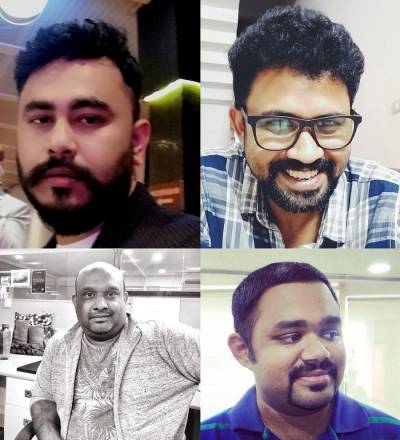
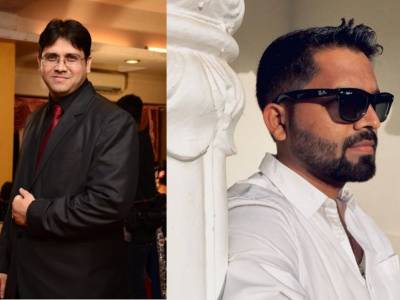
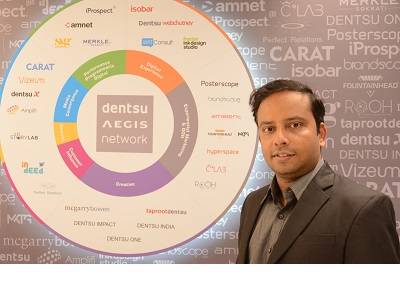
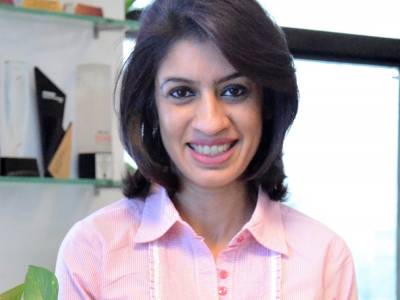
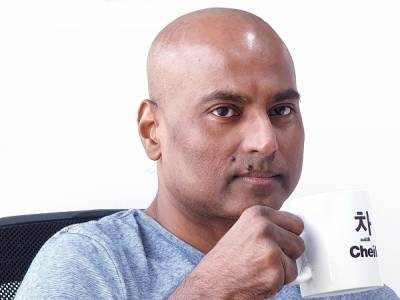
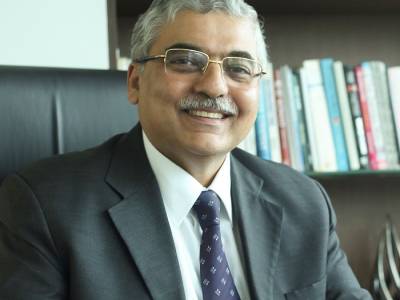

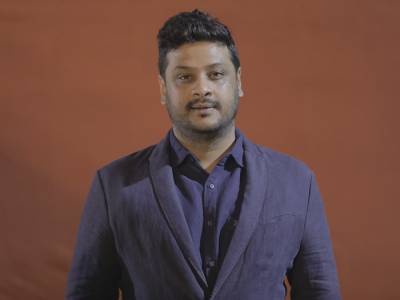
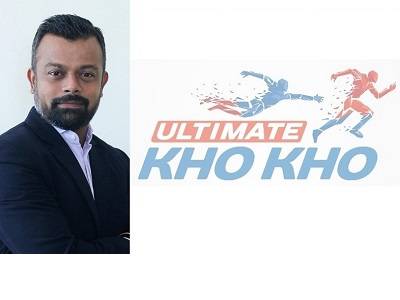
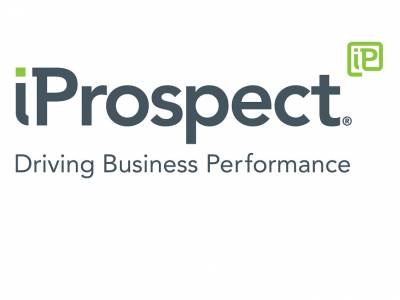
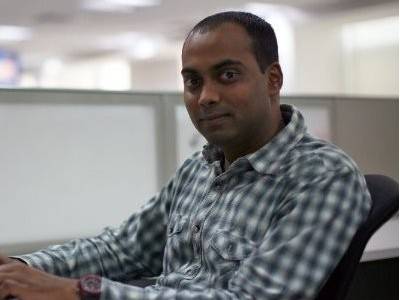
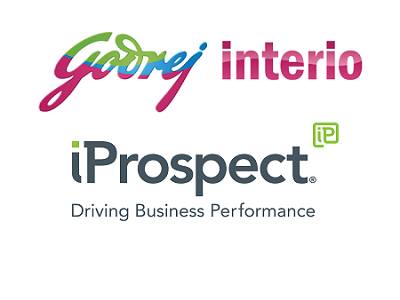
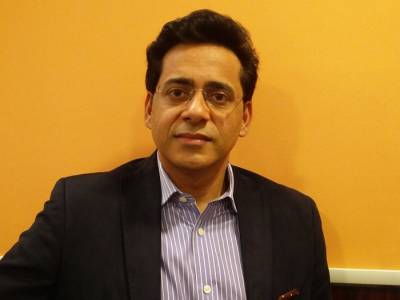
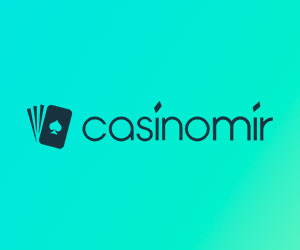

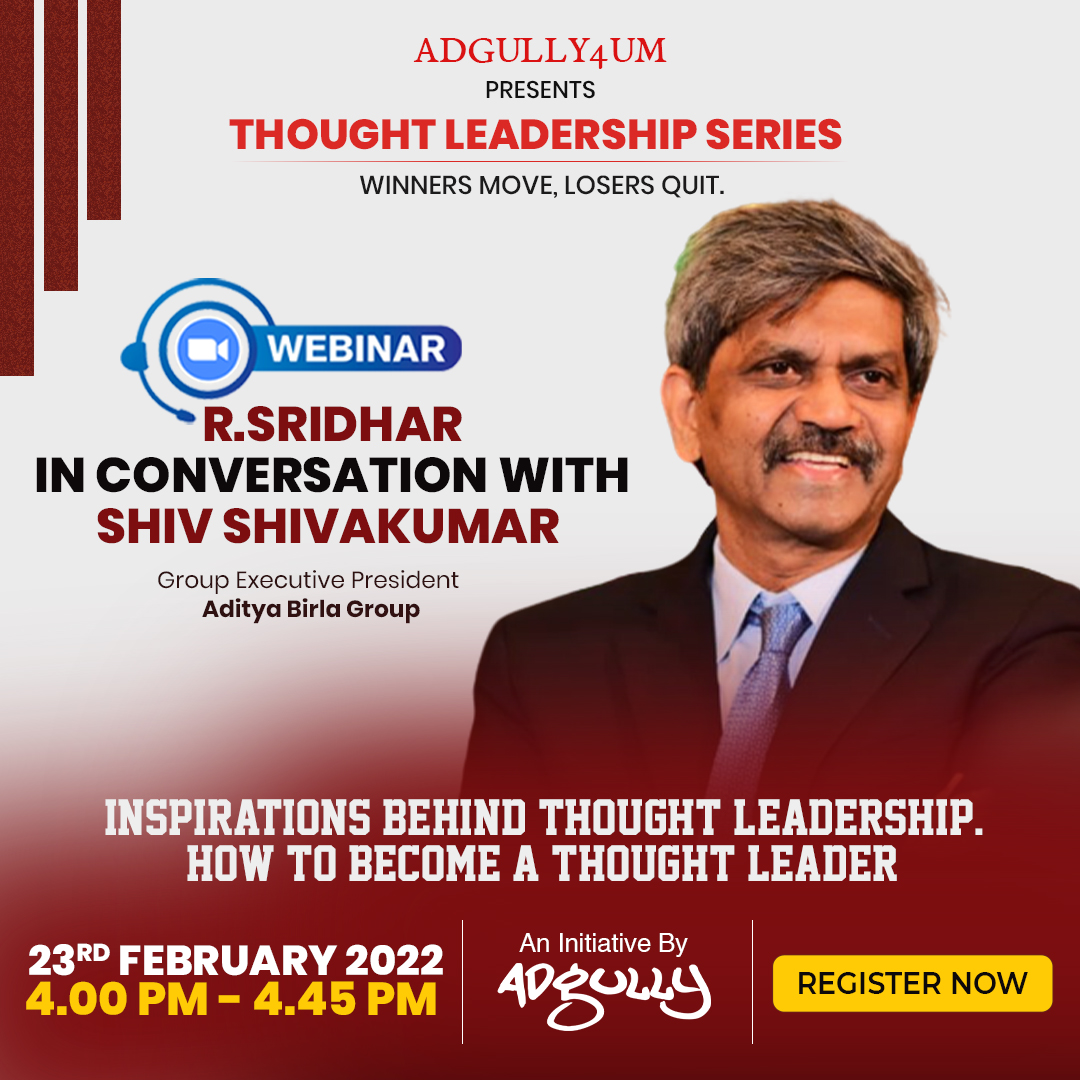
Share
Facebook
YouTube
Tweet
Twitter
LinkedIn